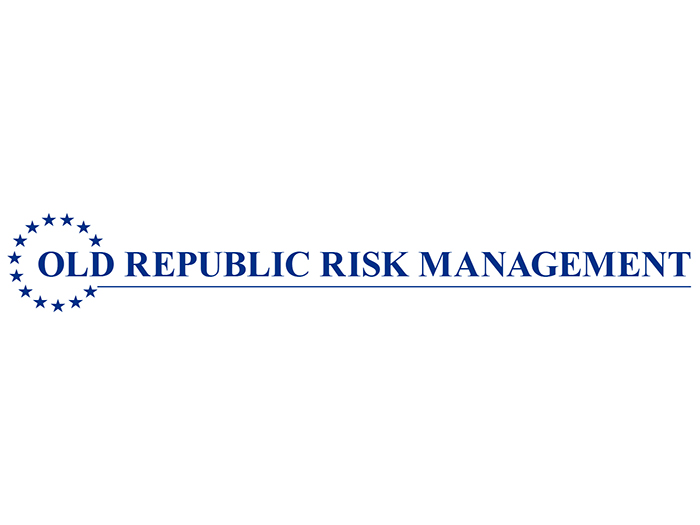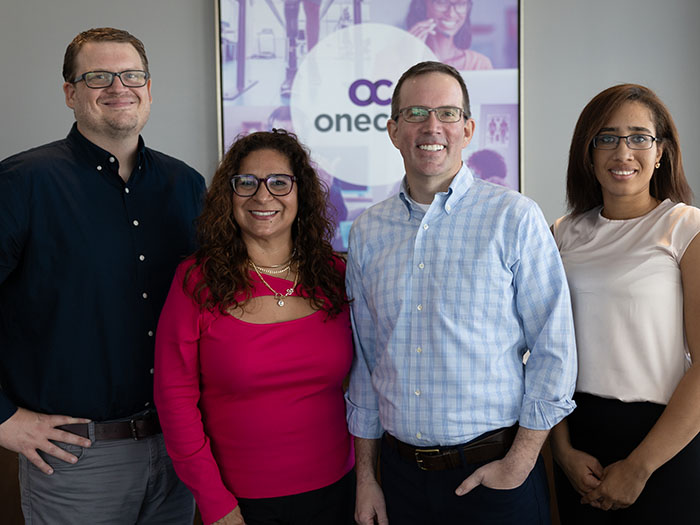From Cyber Risk to the Lingering Effects of COVID, the Top Issues Triple-I CEO Sean Kevelighan Wants the Insurance Industry to Watch in 2022

When he took the stage to welcome attendees to the 2021 Insurance Information Institute (Triple-I) Joint Industry Forum, Triple-I CEO Sean Kevelighan reflected on all the ways the risk management and insurance industries have innovated since the COVID-19 pandemic first sent our lives spiraling in March 2020.
Sure, like everyone else, the industry pivoted to remote work. Claims adjusters adopted new technologies to access losses. Underwriters adapted their processes so that they could price risk remotely.
But they also made a number of advancements beyond the pandemic. The industry made strides in the last year to ramp up technology use, recruit new talent and increase diversity, equity and inclusion.
“We’ve innovated 10 years as an industry in one,” he said.
As the last few years have taught us, risk managers and insurers need to be prepared for anything. During the conference, CNBC correspondent Contessa Brewer sat down with Kevelighan to discuss what insurers and risk managers need to be prepared for now and into the future.
The Pandemic Touches Nearly Every Emerging Risk
Brewer’s and Kevelighan’s conversation covered risks ranging from cyber risk, runaway litigation, how the economy affects insurance and the new Omicron variant of the coronavirus.
Just before the session, a second case of the Omicron variant was reported in the U.S. Brewer opened the conversation by asking Kevelighan how he thought the emergence of the variant might affect the industry. This opened up into a broader discussion of how the pandemic has transformed risk management and insurance industries.
On the whole, Kevelighan had positive things to say on the industry’s ability to adapt to the working conditions caused by the pandemic, noting that the industry was able to continue to grow and create new jobs throughout this time, though other industries faltered.
“We’ve all been able to adapt pretty well,” Kevelighan said.
Still, the insurance industry will likely feel the effects of the pandemic for years to come. Another major topic of conversation between Kevelighan and Brewer was the rise in litigation the industry has seen in recent years.
Like much of corporate America, insurance has been unable to escape the costs of runaway litigation and social inflation in recent years. The number of lawsuits is increasing, jury verdicts are rising and insurers are becoming concerned about the effects this could have on their bottom-lines.
Enter the pandemic. Though all these issues existed before COVID-19, insurers who have denied claims resulting from the pandemic are increasingly seeing those decisions tested in court and in some cases businesses are emerging victorious.
The lack of coverage for pandemic-related losses has led many in the insurance industry to throw their support behind a public-private solution. Marsh, Chubb, RIMS and other industry leaders have endorsed this approach. In this scenario, insureds would have the opportunity to purchase business interruption coverages for pandemic-related losses.
U.S. Rep. Carolyn B. Maloney (D-New York) has proposed legislation in which the government would then cover 80% of losses using funds collected through the Pandemic Risk Insurance Act (PRIA). This approach has has gained little traction in Congress thus far.
“There’s been one hearing,” Kevelighan said, referring to a U.S. House hearing on the matter. The Senate also held a hearing on potential frameworks to address pandemic risk earlier this year.
“It’s hard to find a legislator that knows a lot about the insurance industry.”
Cyber Takes Center Stage
On cyber, Brewer and Kevelighan discussed the growing threat of cyber attacks, especially those on this country’s infrastructure. Kevelighan noted that ransomware attacks, data leaks and other cyber crimes will likely continue as there’s a growing, illegal economy for hackers.
“We’ve got economies in some countries that are built on cyber crime,” Kevelighan said.
This risk is one area where risk managers and insurers are leading the way in preparing businesses to protect themselves from attacks. Rather than just responding to losses, cyber insurances are educating their customers on security.
“We’ve traditionally been an industry that’s detected and repaired. Now we’re becoming one that’s predicting and preparing,” Kevelighan said. &










